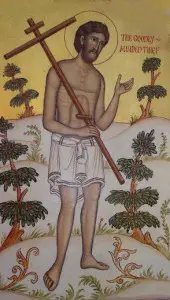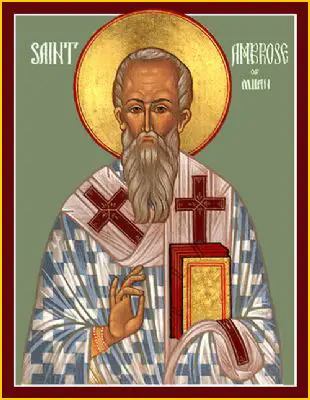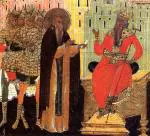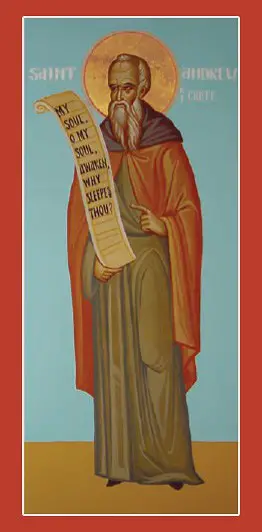St. John the Wonderworker: Tradition about the Wise Thief

[The Wise Thief’s] whole life had been one of theft and crime. But evidently his conscience had not died, and in the depths of his hearth something good remained. Tradition even hold that he was that very thief who, during Christ’s flight into Egypt, took pity on the beautiful Baby and forbade his accomplices to kill Him when they attacked the holy family. Did he perhaps recall the face of that Child when he looked upon the face of the One hanging next to him on the Cross?
+ St. John the Wonderworker of Shanghai and San Francisco, “Why the Wise Thief Was Pardoned,” Man of God: Saint John of Shanghai & San Francisco
St. John the Wonderworker: Tradition about the Wise Thief Read More »






